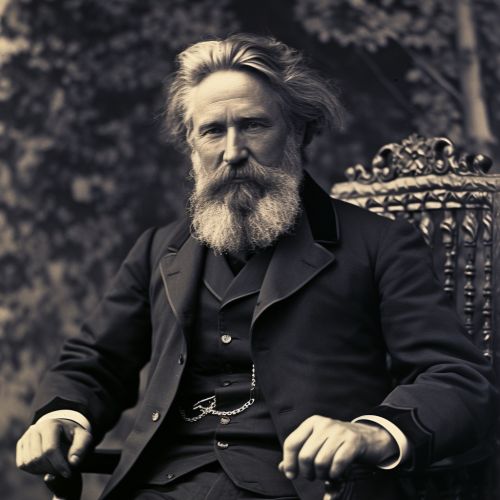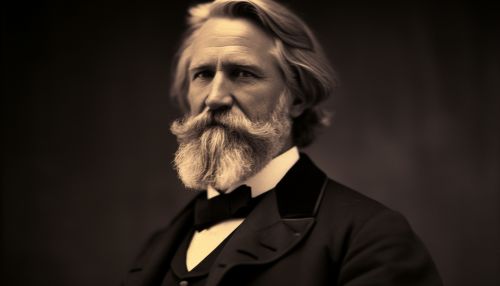Ernst Haeckel
Early Life and Education
Ernst Heinrich Philipp August Haeckel was born on February 16, 1834, in Potsdam, Germany. His father, Carl Haeckel, was a government official and his mother, Charlotte Sethe, was a cultured woman from a family of scholars. Haeckel's early education was provided by private tutors, and he showed an early interest in biology and art, two fields that would shape his future career.
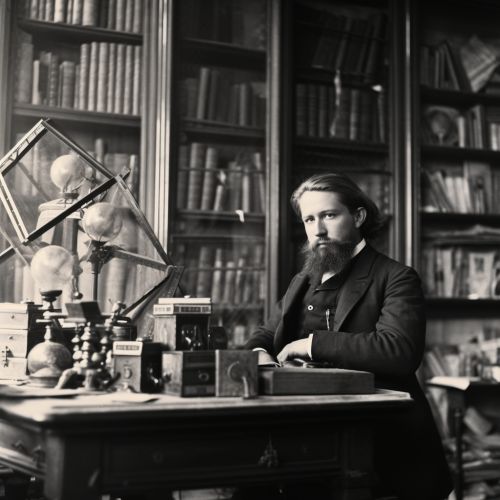
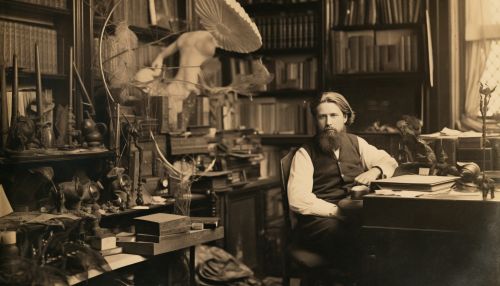
In 1852, Haeckel enrolled at the University of Berlin, where he studied medicine. His studies included anatomy, zoology, and botany, and he was particularly influenced by the teachings of Johannes Müller, a renowned physiologist and comparative anatomist. Haeckel completed his medical degree in 1857 and briefly practiced medicine in Berlin.
Career and Contributions to Science
Haeckel's interest in biology, however, led him to leave his medical practice and return to academia. He accepted a position at the University of Jena in 1861, where he would remain for the rest of his career. At Jena, Haeckel conducted research in zoology and evolutionary biology, and he became a strong proponent of Charles Darwin's theory of evolution.
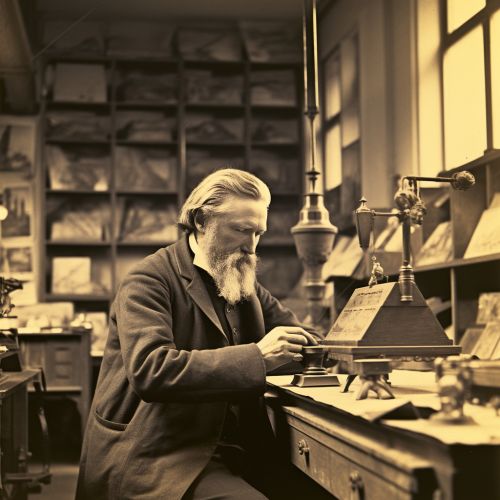
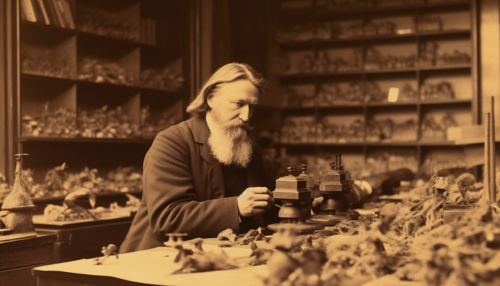
Haeckel is perhaps best known for his work in the field of phylogenetics, the study of evolutionary relationships among species. He developed a comprehensive phylogenetic tree that traced the evolution of all life forms from a common ancestor. This work was groundbreaking at the time and laid the foundation for modern evolutionary biology.
Haeckel also made significant contributions to the field of embryology. He proposed the biogenetic law, often summarized by the phrase "ontogeny recapitulates phylogeny," which suggested that the development of an organism (ontogeny) mirrors the evolutionary history of its species (phylogeny). While this theory has been largely disproven, it was influential in the development of comparative embryology.
In addition to his scientific work, Haeckel was also an accomplished artist. He used his artistic skills to create detailed illustrations of the organisms he studied. His works, such as the multi-volume "Art Forms in Nature," are still admired today for their scientific accuracy and aesthetic appeal.
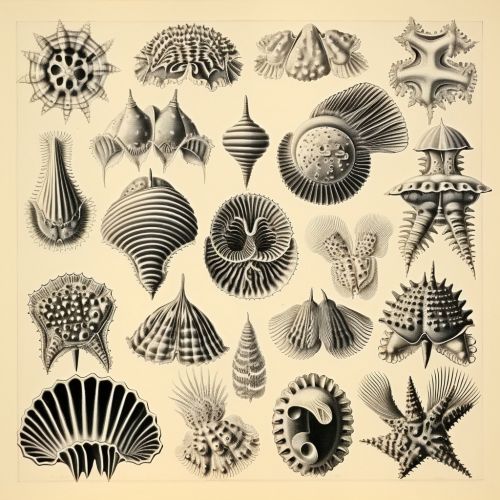
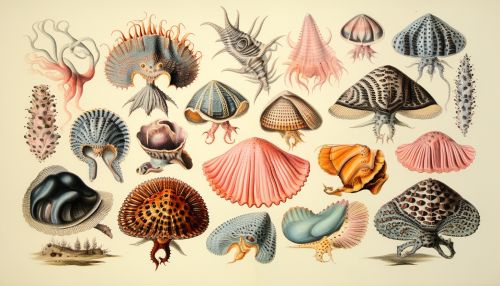
Later Life and Legacy
Haeckel retired from the University of Jena in 1909, but he continued to write and lecture on scientific topics. He died on August 9, 1919, in Jena.
Haeckel's contributions to biology were significant and far-reaching. His work in phylogenetics and embryology helped shape the field of evolutionary biology, and his detailed illustrations brought the beauty of nature to a wide audience. Despite some controversy over his theories, Haeckel remains a respected figure in the history of science.
